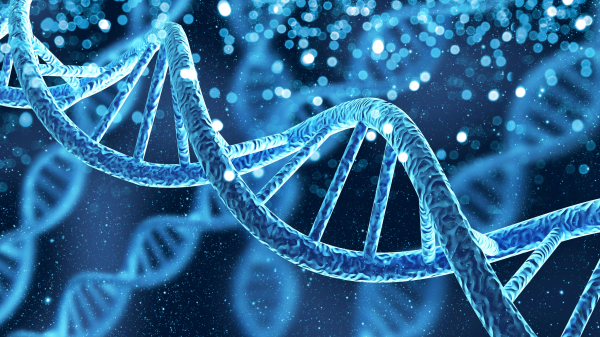Rare Cancers Australia will host its annual CanForum event in Canberra today and launch a new report, 'RAREFICATION: Personalised medicine in the genomic revolution’.
The organisation said the report shows that more cancers are becoming rare because of the emergence of genomics. As a result, many cancers that were previously considered common can now increasingly be characterised by the discovery of rare and less common genetic subtypes, leading to a dramatic shift in how health professionals can assess, treat, monitor, and prevent cancer.
An example is lung cancer, which was once considered common with patients diagnosed with one of two possibilities – small cell or non-small cell lung cancer. There are now more than 30 distinct subtypes of lung cancer.
To coincide with the report's launch, Rare Cancers Australia is calling for policy frameworks to change to offer greater hope for the increasing number of people diagnosed with rare and less common cancers.
The RAREFICATION report's principal recommendation is for the federal government to progress a coordinated national genomics strategy, leveraging existing commitments to Cancer Australia and Genomics Australia. to ensure that all people diagnosed with cancer have access to comprehensive and cost-effective genomic profiling as standard of care.
According to general manager Christine Cockburn, genomic profiling and precision medicines should no longer be seen as revolutionary or new.

“The way cancer is treated, particularly for those impacted by rare and less common cancers, has evolved at a rapid pace, even in the last decade. The exponential rise of new treatments, including immunotherapies and targeted therapies, for example, has truly transformed outcomes for many thousands of families living with and impacted by cancer," she said.
“So, while these dynamic technologies and diagnostic tools are incredible, policy makers should no longer consider them ‘new’, and therefore out of reach to those who need them most. They are here right now and have been for years – the challenge is ensuring equity of access to them.
“Alongside calling for universal access to precision oncology, our report also aims to educate the Australian public, and decision-makers, on the power of genomics and of genetic testing, because our research shows that 80% of Aussies do not know how genomic profiling can improve the outlook for those living with cancer, and that 76% do not know what a precision medicine is.”
Ms Cockburn continued, “Given that these technologies have already changed the way cancer is diagnosed and treated, it is important for all Australians to be aware of them, because sadly cancer will impact one in two of us before our 85th birthday.”
The report also calls for all people diagnosed with cancer to have access to matched targeted therapies, immunotherapies, cell and gene therapies, personalised cancer vaccines, and combination therapies, where there is identified clinical benefit.
“It is clear that the way we have historically understood cancer has changed with our increasing knowledge of cancer genomics and how such technologies have increased our understanding of the biology of cancer. So, it is right that our health system must also evolve to enable equitable access to better therapies,” said Ms Cockburn.
Rare Cancers Australia said people with rare and less common cancers face a set of challenges when it comes to accessing clinical trials. New treatments also face particular hurdles through the health technology assessment process.
Ms Cockburn said the organisation is calling for government action in four areas. They are the progression of a coordinated national genomics strategy, prioritising research into genomic studies and precision oncology, developing new pathways in health technology assessment processes, and directing the Australian Institute of Health and Welfare to include data on molecular subtypes and support the establishment of appropriate registries to adequately facilitate data collection.
